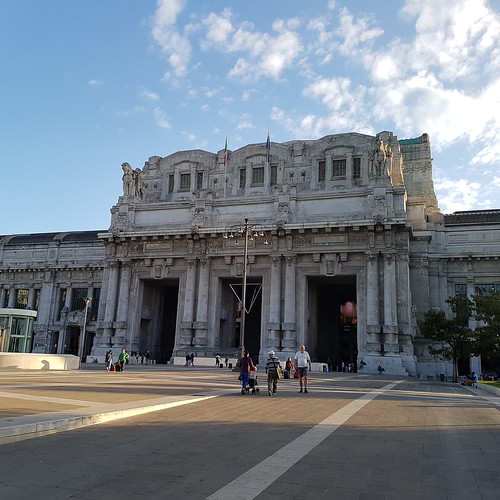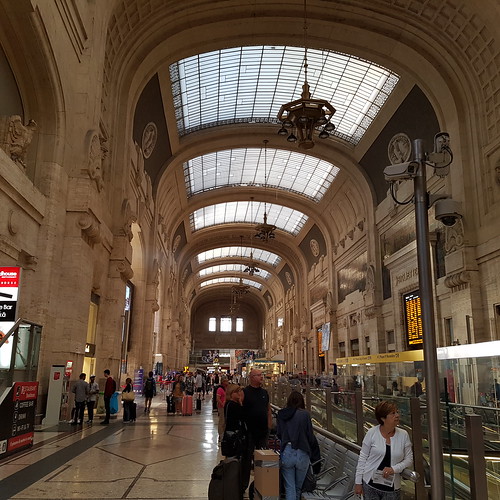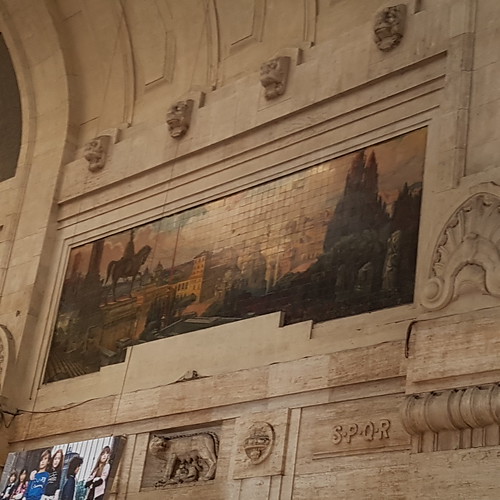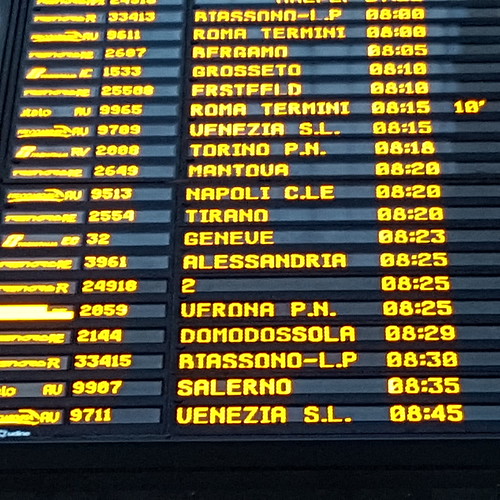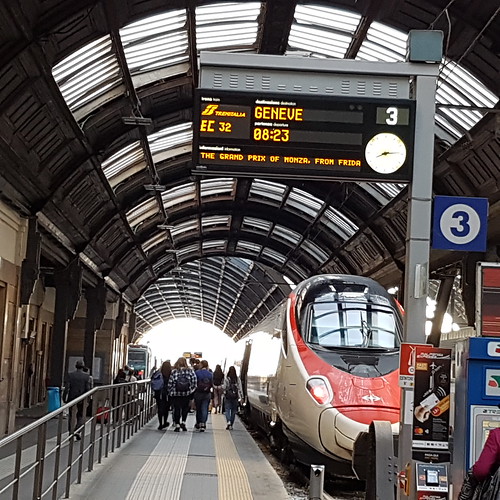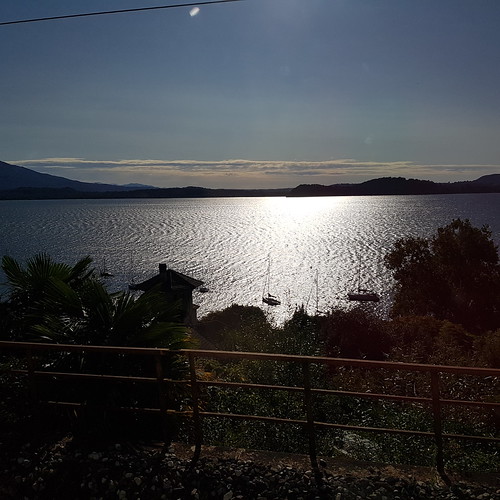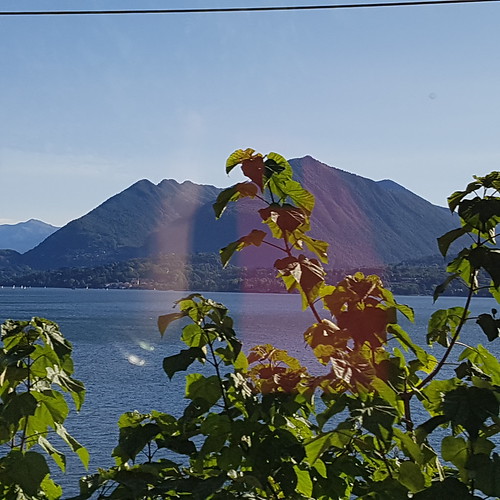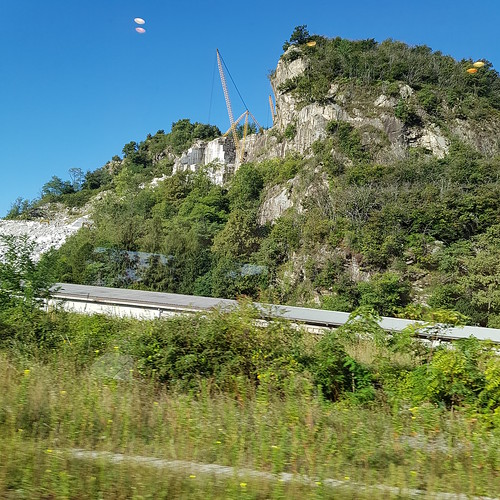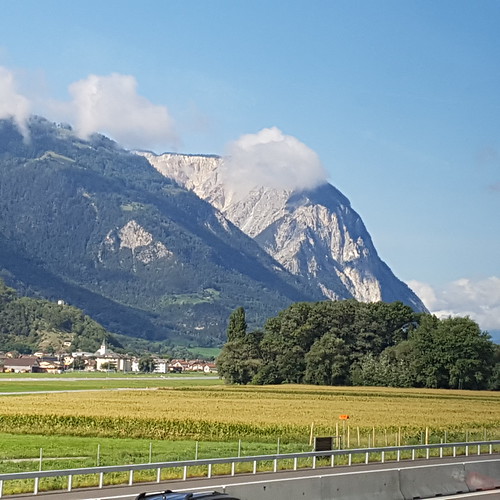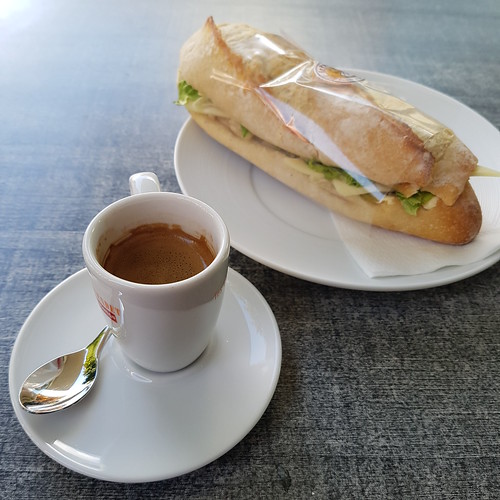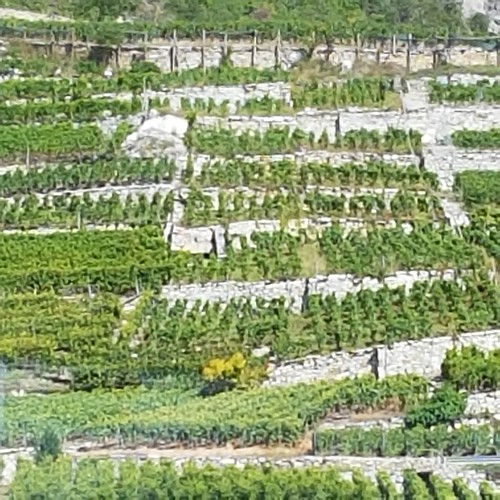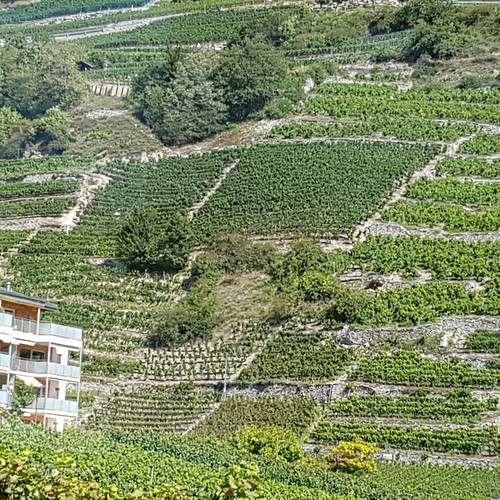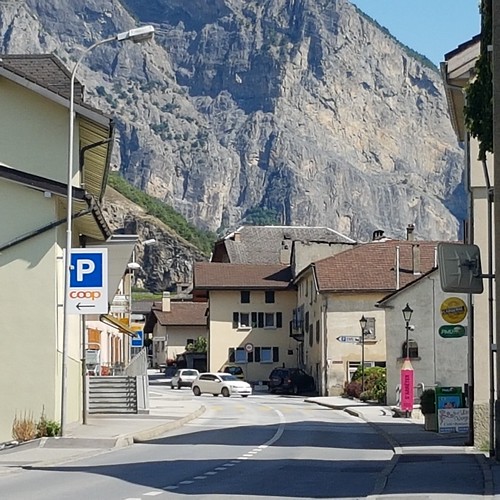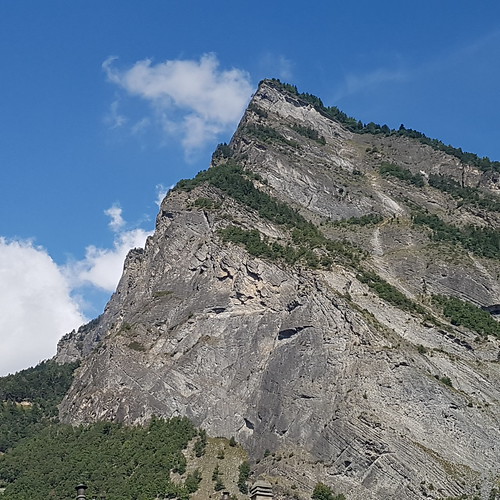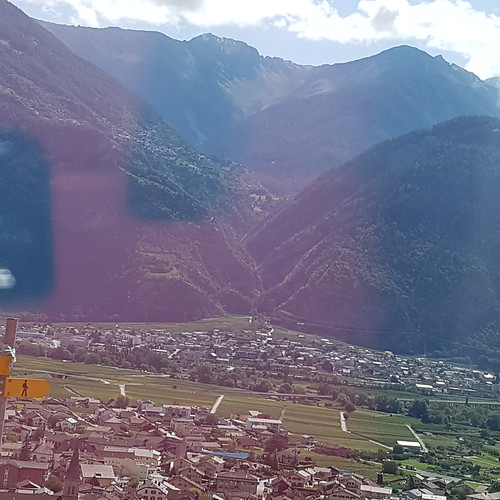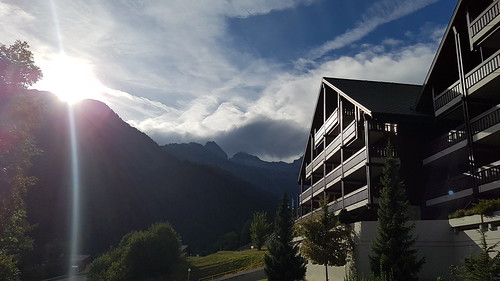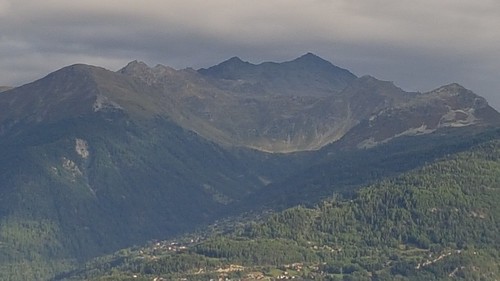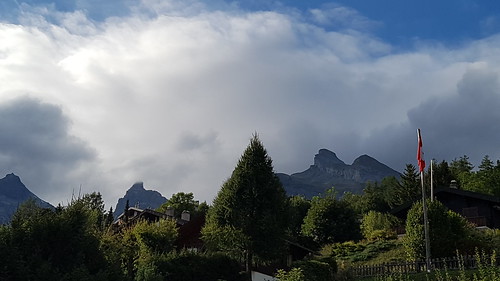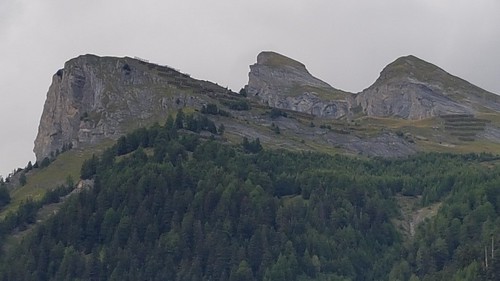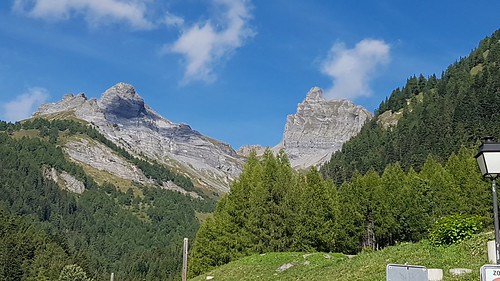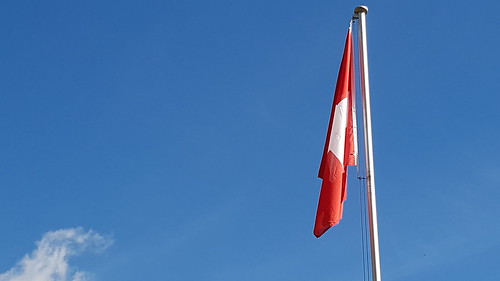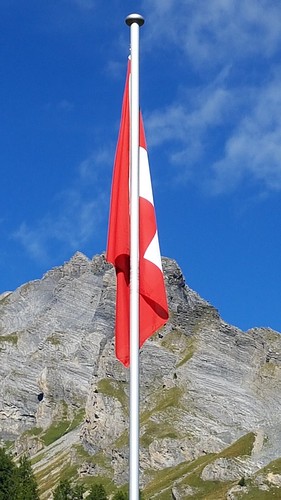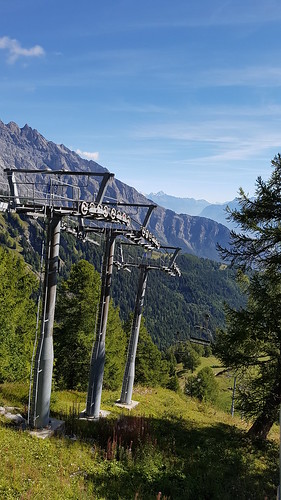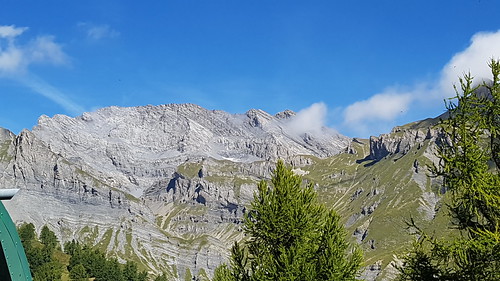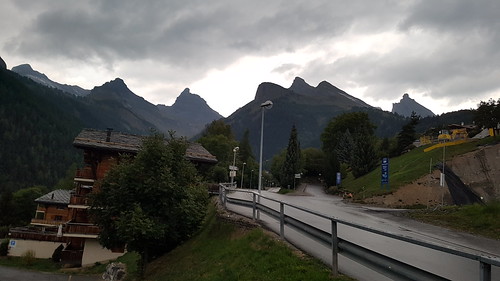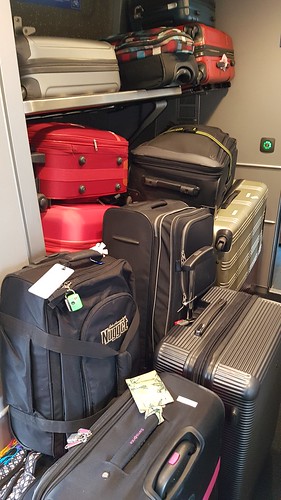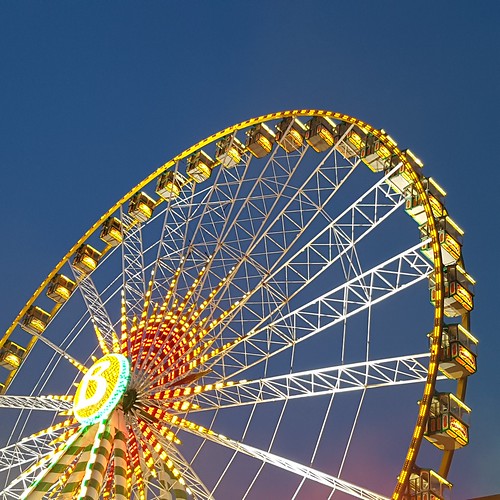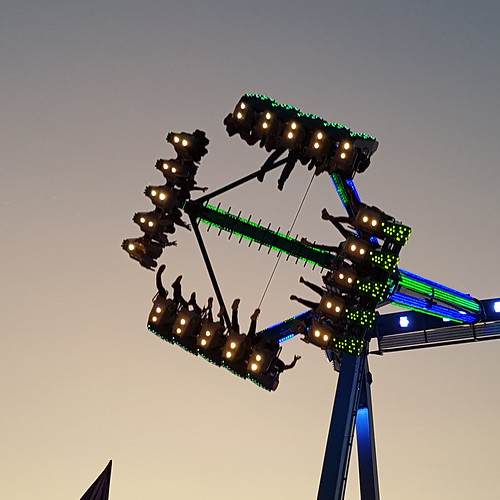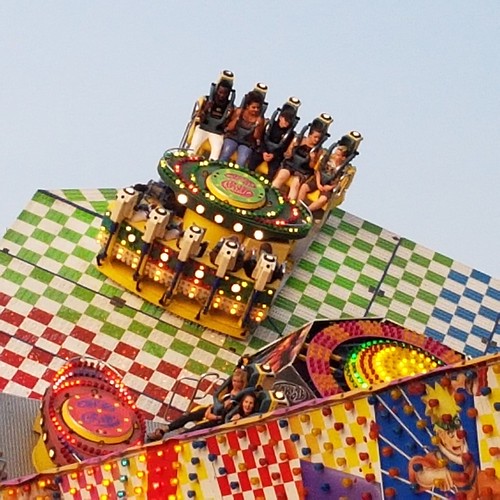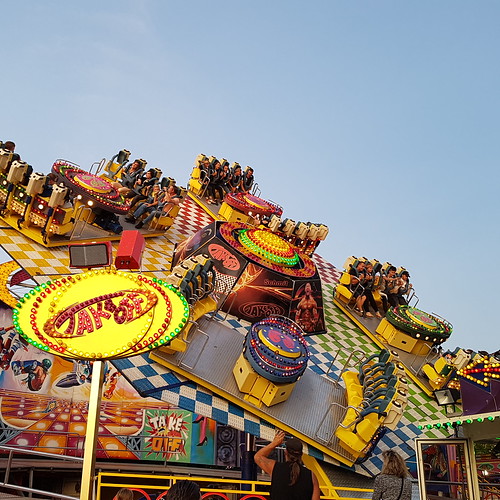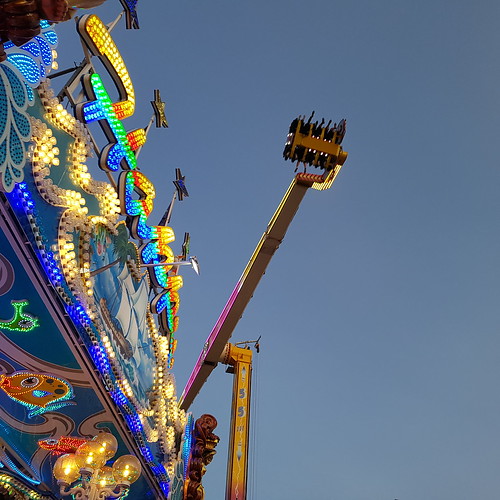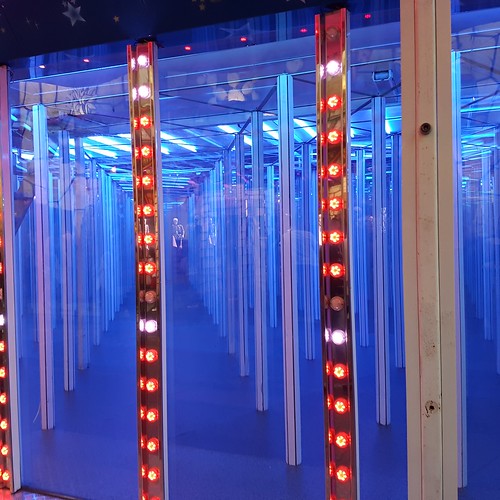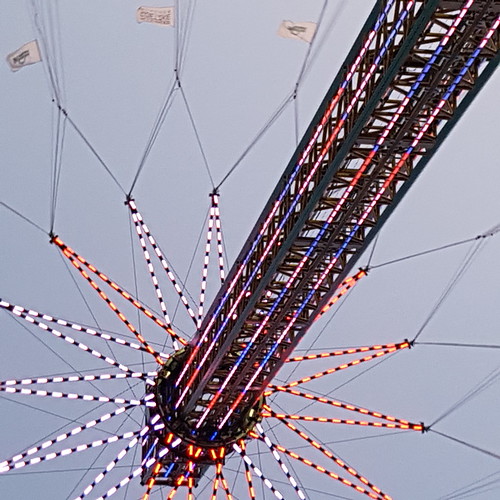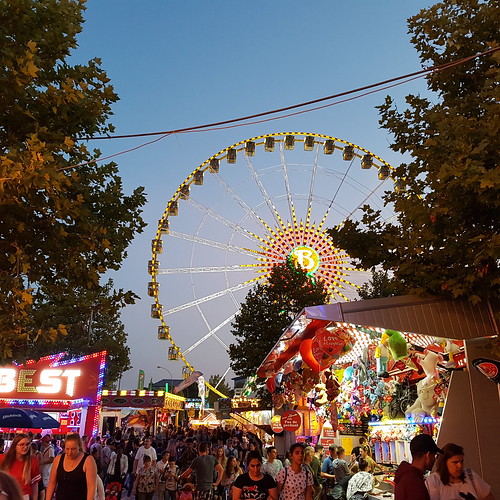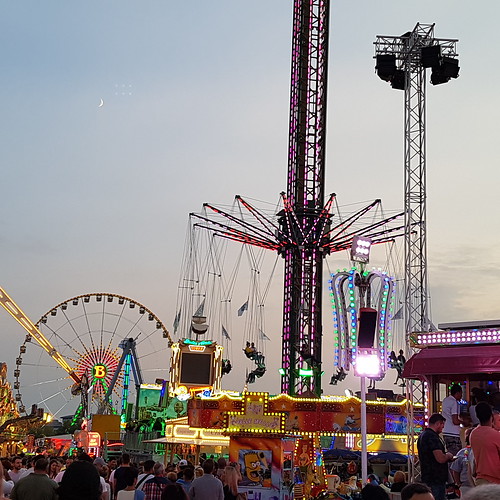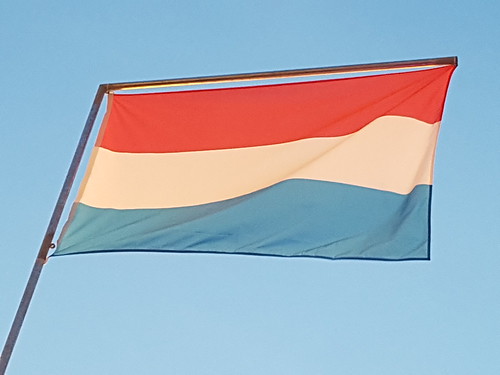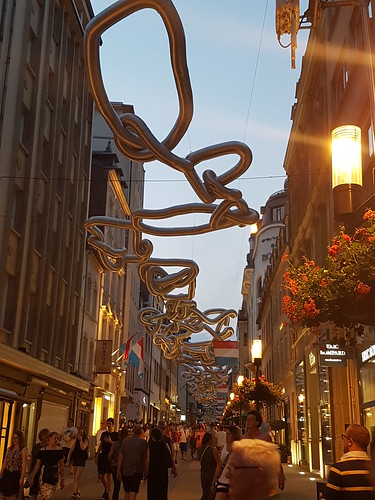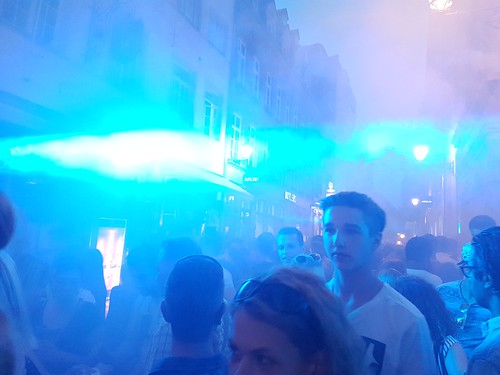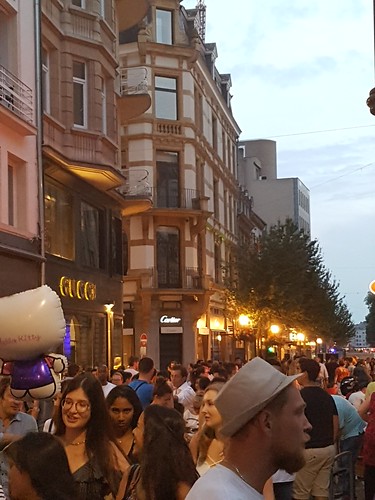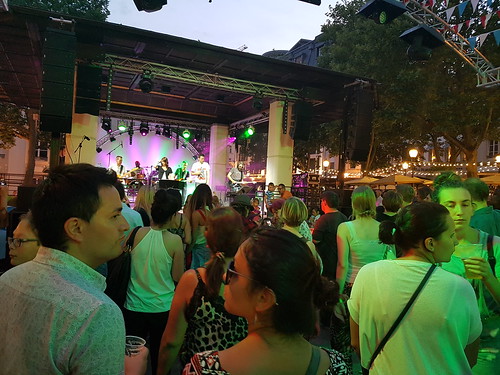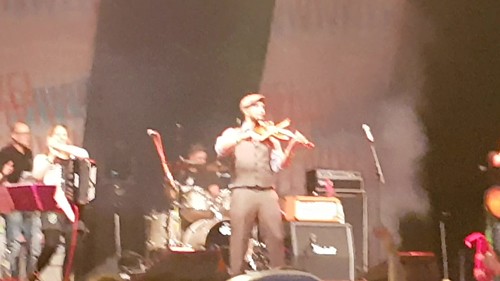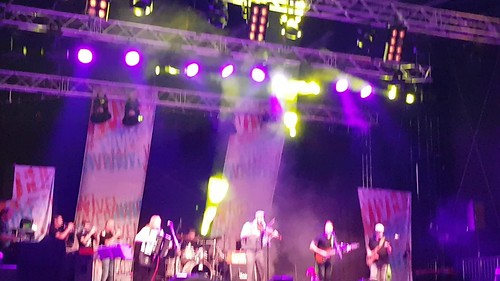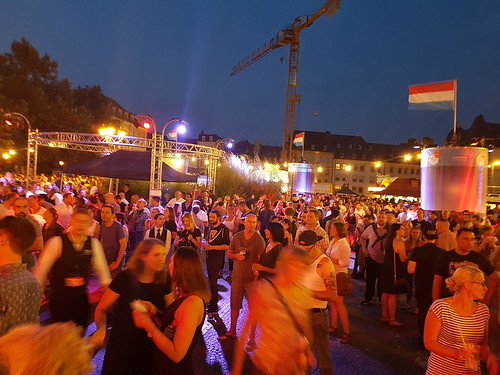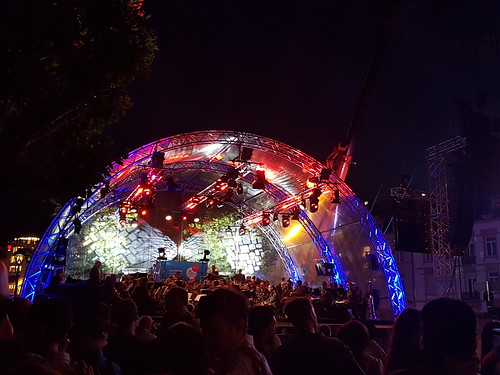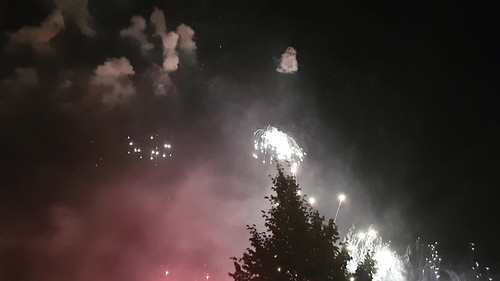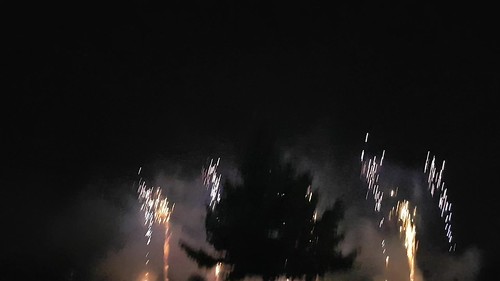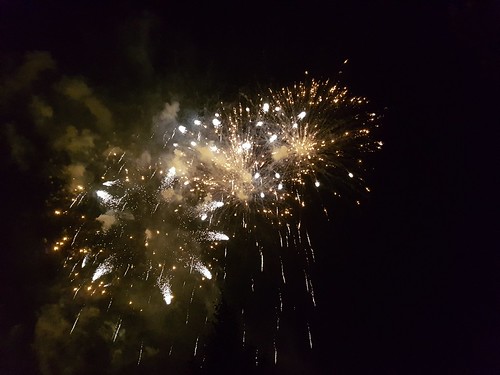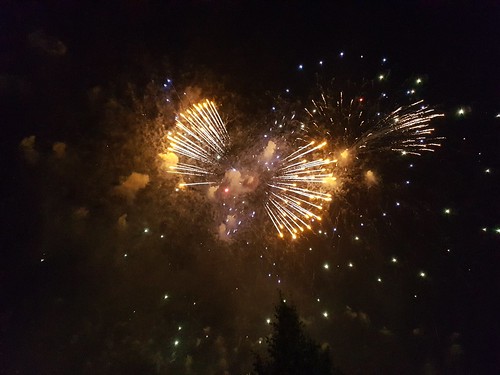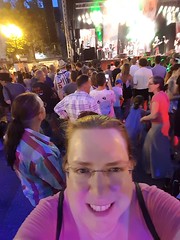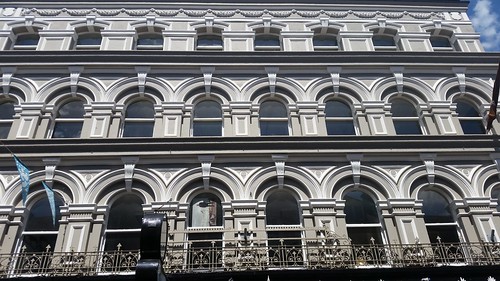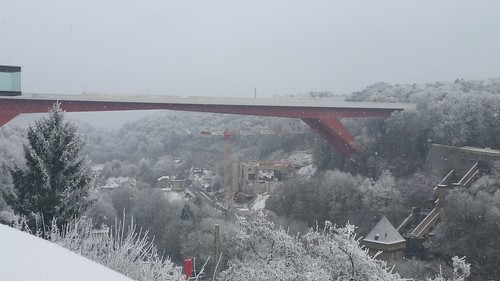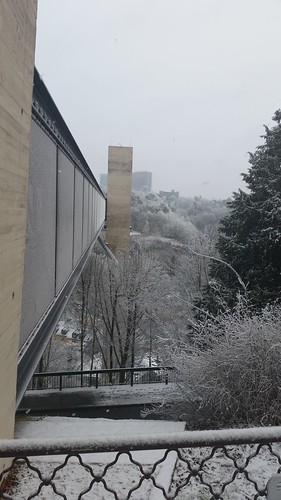Yesterday was international Translators and Interpreters Day and lined up with that, the European Parliament ran a Multilingualism Day at the Parliament buildings in Brussels. In particular, I think, it was targeted at would be interpreters and translators and featured some specialist talks; some briefing talks in the debating chamber, and some games and try it out stuff. The interpreting service had temporary interpreting booths set up with a bunch of recorded speeches for anyone to try.
Because of issues between Luxembourg and Brussels, I wound up arriving later than I would liked so I missed a bit of a talk about life long education for interpreters, and also because I decided to do what they called a Hemicycle briefing tour, I missed the tips and tricks talk. I sort of regret that because I’m sure there were some great war stories.
One of the things which struck me about the population of visitors which I saw is that it was heartening to see the range of ages of people who were interested in knowing more about the language careers, particularly the interpreting. You could see this watching people having a go at interpreting – there was a broad range of ages stepping into the booths to voice their versions of Plastic Waste or The Beetle in French.
I’ve been in the Brussels Hemicycle a couple of times now between the Open Day in May and this. It’s quite a stunning room – my eyes are always drawn to the interpreting boxes, and English in number 2 and Gaeilge in Number 23. We had a terrific speaker who didn’t just talk at us about the Parliament but also engaged us in debate about the present and future of Europe, and the contexts which sometimes get forgotten and how they feed into the choice of representatives sent by the different countries. I’d strongly advise anyone who hasn’t seen either it, or the hemicycle in Strasbourg to grab opportunities when they present themselves. May is usually good for both and the plenary sessions should be accessible as well I think. It was heartening to see young British people attending, even now when it seems as though the EU may not be a part of their country’s future. It seems to me they still hope.
The one interpreting talk I did get to was interesting in terms of listening to the questions people ask. The young Dutch interpreter who gave the talk admitted that it took him about 4 years to get any newly acquired language operational for interpreting and that yes, learning for interpreting caused different learning strategies with a focus on passive understanding more so than active writing, for example. You could understand that too. I kind of wished things like this existed when I was a recent graduate – I would have killed to sit in those rooms wishing and dreaming.
As for the interpreting itself, I was slightly disappointed not to get to sit in one of the hemicycle booths to look out on the room but I had a go at the plastic waste speech which didn’t go too badly. I can’t complain.
On a vaguely related note, uncomfortable and all as they are, I’d really like to know how to get my hands on headphones similar to the ones the Parliament has. Yes they are flat, yes they are plastic and sure they are fairly austere compared to my nice puffy on earphones that look like they date from the 1970s but the sound is crystal clear from them.
Anyway, I think outreach events like this are great – I loved both this and the SCIC Europe conference thing in the Berlaymont in May – and I really do think any one with an interest in working for the institutions, particularly as an interpreter or translator, should try to get to them when they turn up. Finding out about them – well the best thing to do is follow both the European Commission and Parliament Interpreters on Facebook.

